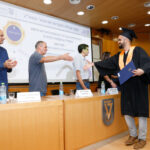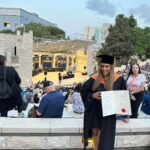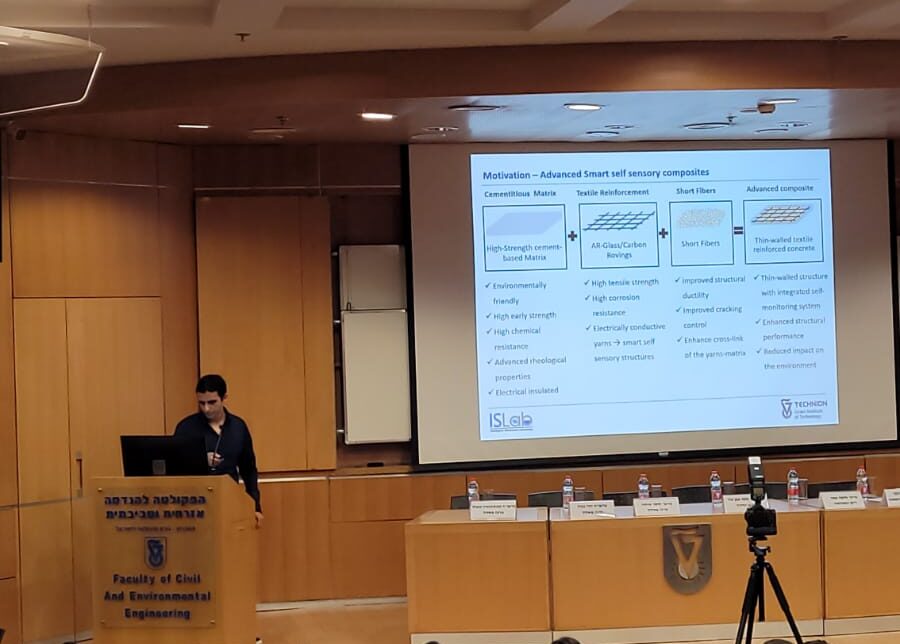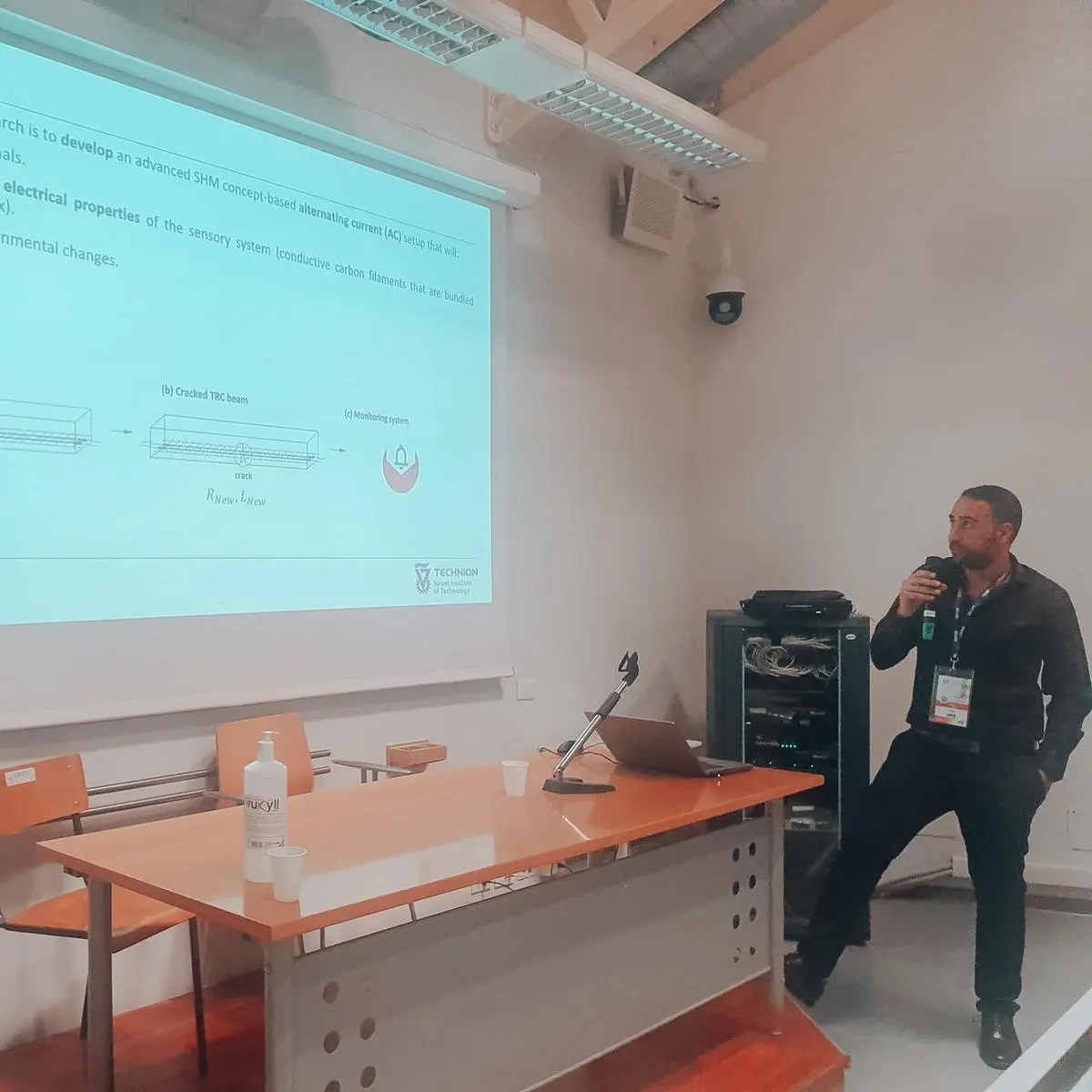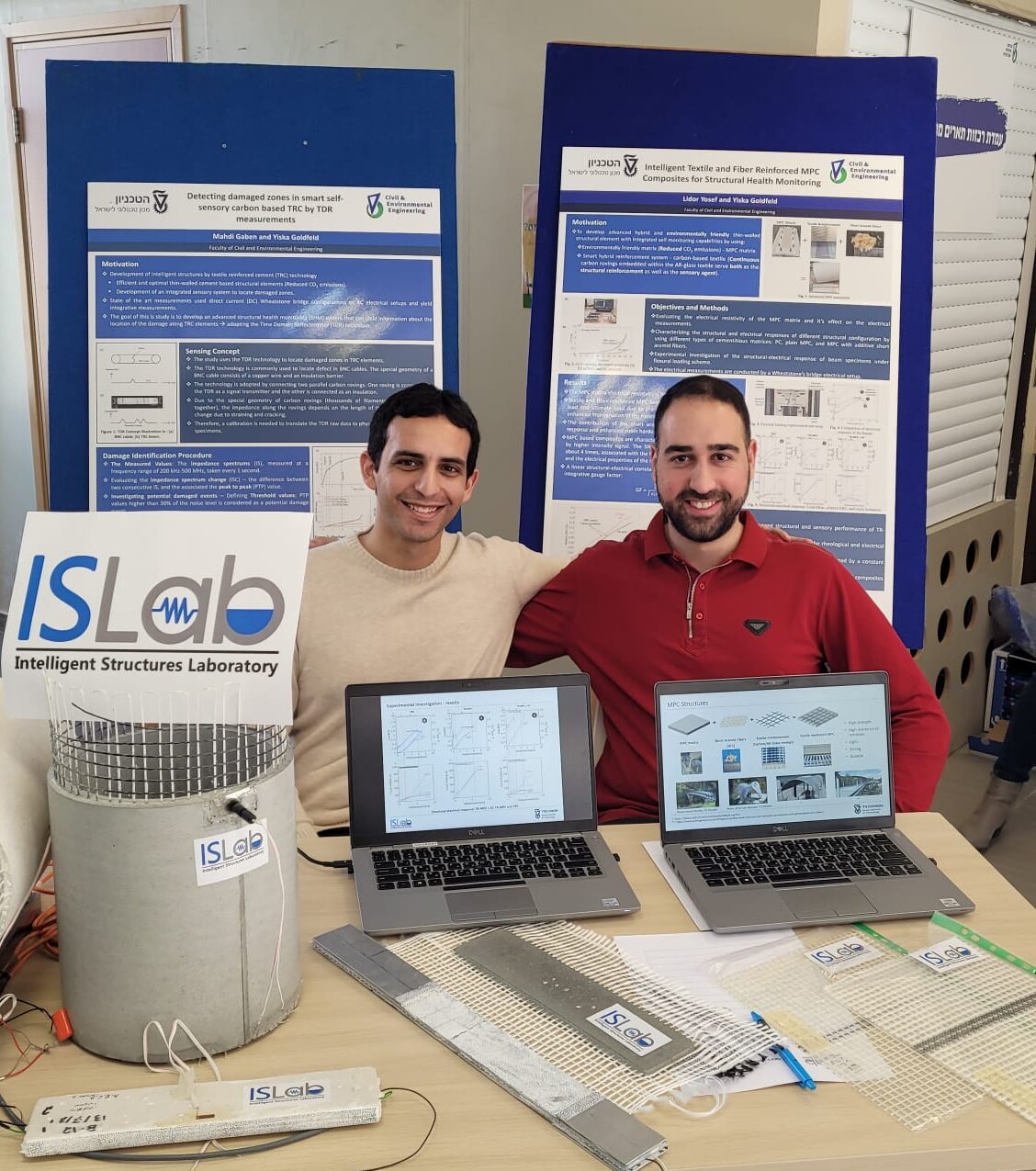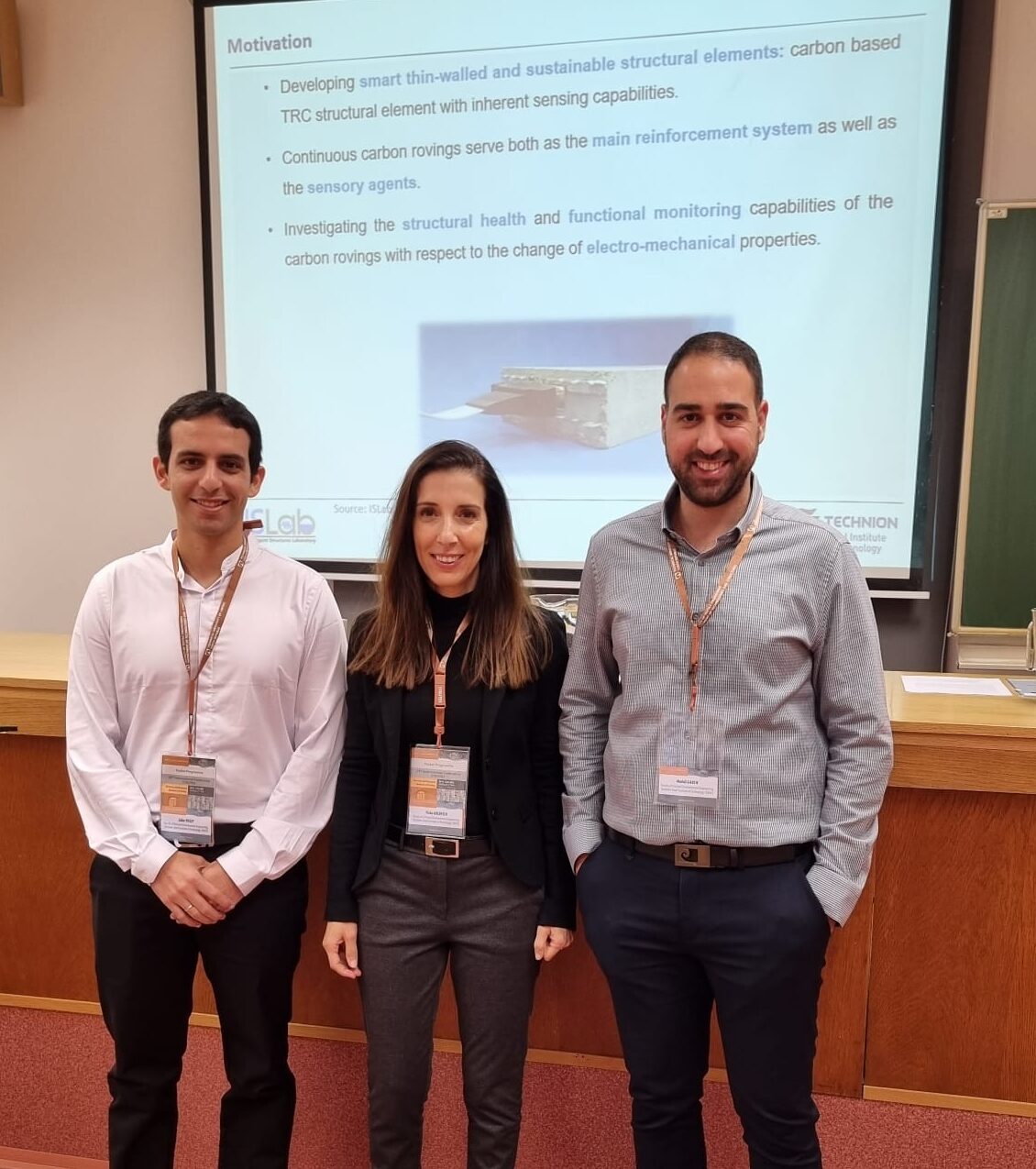The Laboratory, headed by Assoc. Prof. Yiska Goldfeld, focuses on investigating the self-sensory capabilities of civil structures and infrastructures. The current studies focus on the development of smart structures made of textile reinforced cement, in which electrically conductive rovings simultaneously serve as the main reinforcement system and as the sensory agent. The goal is to investigate the sensing capabilities of the rovings to detect damage, estimate its location and monitor its structural and functional health.
June 2023
Congratulations to Roei Biton on earning his MSc.
May 2023
Congratulations to Dr. Gali Perry on earning her PhD.
January 2023
Lidor Yosef presents his research in the Dean’s distinguished ceremony
July 2022
Mahdi Gaben presented his research in EWSHM2022 conference in Palermo, Italy
January 2023
Mahdi Gaben and Lidor Yosef present our Lab in the faculty exposure day.
December 2022
We presented our latest results in the 23rd International Conference STRUTEX, Liberec, Czech Republic
Research Fields
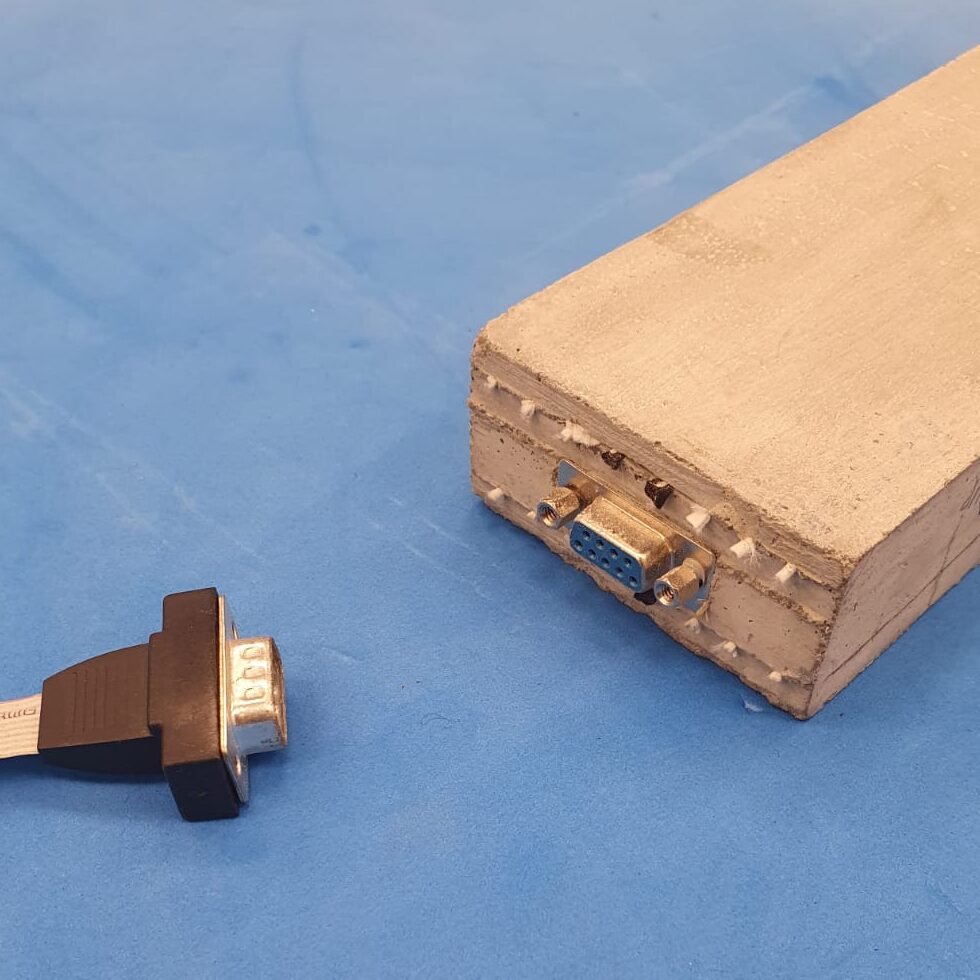
Smart self-sensory cement based composite structures
The development of intelligent concrete structures is one of the most challenging frontiers of today's structural engineering. In this field, we take advantage of the textile reinforced concrete technology and develop elements with inherent sensing capabilities. In such structural systems, the textile is simultaneously served as the main reinforcement system and as the sensory agent. We investigate the feasibility of the concept for the structural (strain and damage) and functionality (wetting) monitoring purposes. The research involves both theoretical and experimental investigations.
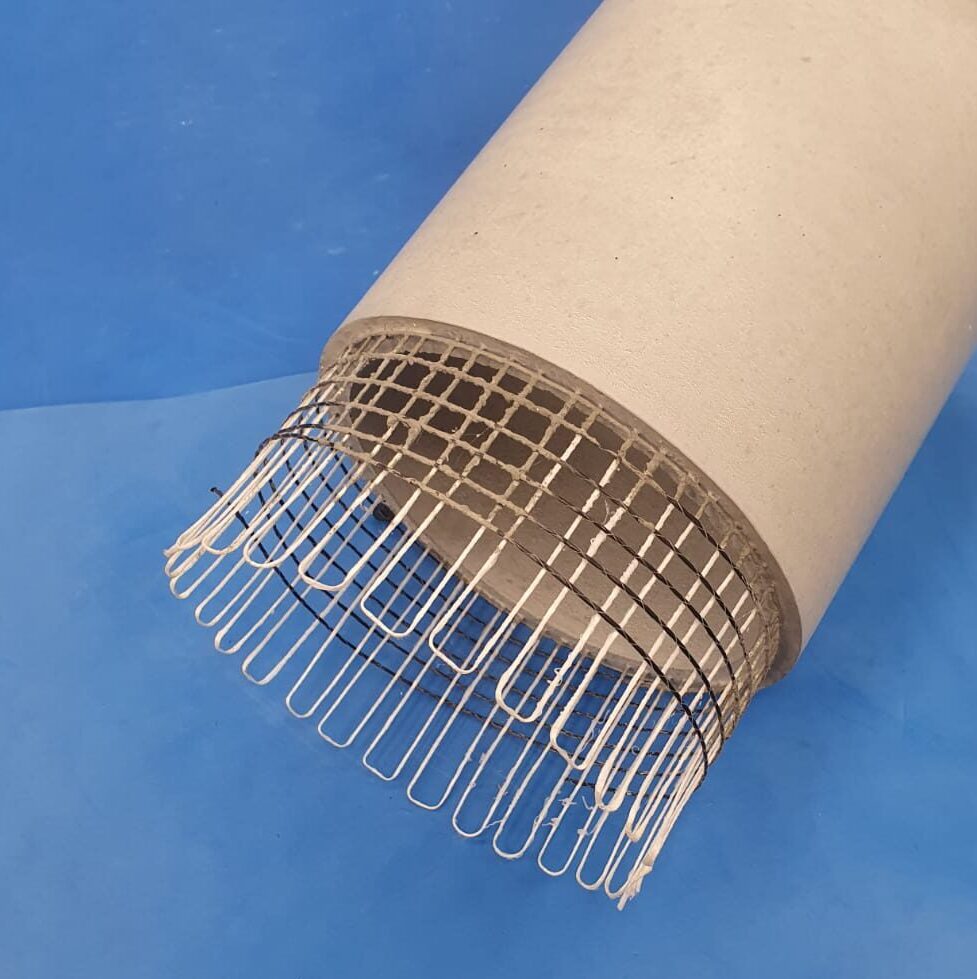
Structural performance of Textile reinforced composites
Textile reinforcement is a preferable alternative to the traditional steel bar reinforcement for thin-walled concrete structures. Our research in this field focuses on the development of structural models for 2D and 3D structures. The goal is to estimate the macro-structural response by capturing the nonlinearity involves with the unique micro-structural behavior associated to the bonding mechanism of the yarns and the concrete matrix, as well as the nonlinearity of both materials. The research in this field is based on a theoretical investigation and involves experimental aspects.
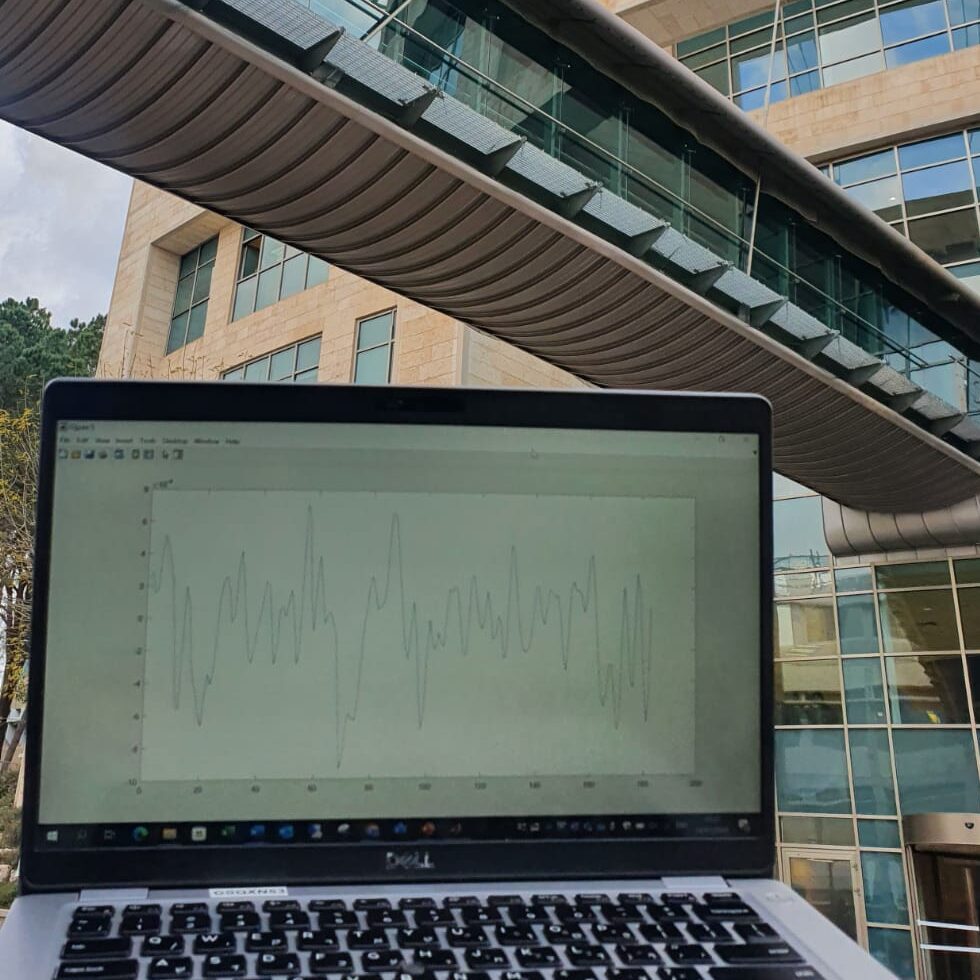
Structural health monitoring of civil structures
Structural health monitoring (SHM) plays a significant role in enabling safety and reliability of various new and existing civil structures and infrastructures. In this field we focused on identifying damage that influence the structural performance, which is especially important in case of reinforced concrete structures that are designed to be cracked during their service life. The goals are to develop algorithms that interpret the measurements into structural terms of stiffness distribution and structural degradation.


